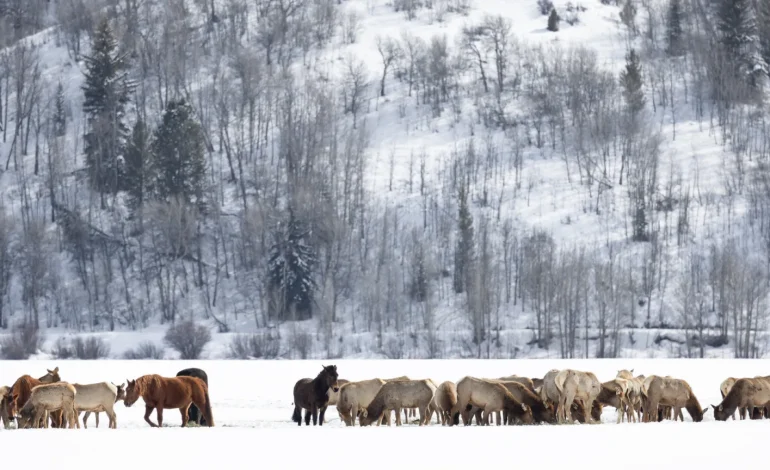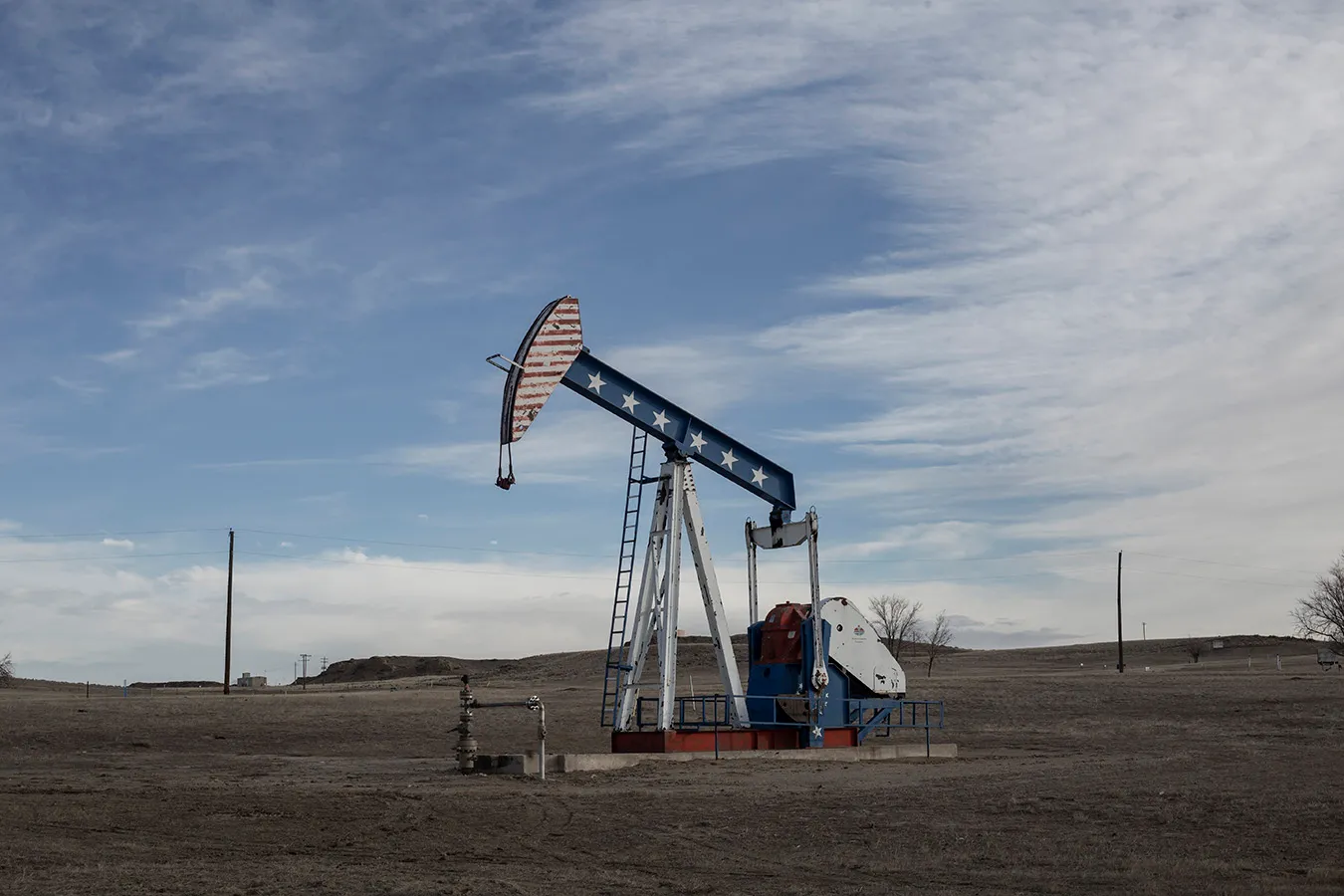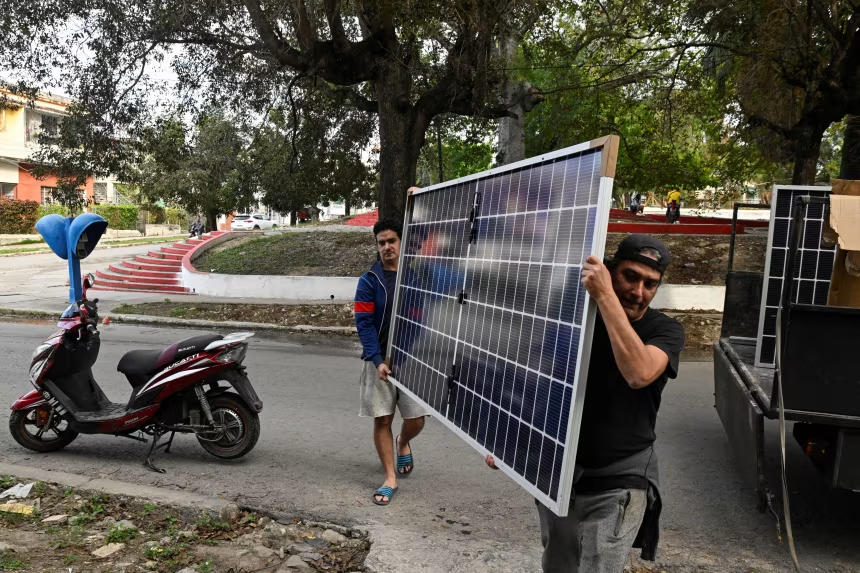Wyoming Horse Owners on Alert After Possible Exposure to Contagious Virus

The original story by for Buckrail.
Wyoming’s horse world is a little on edge this week.
State officials say no cases of equine herpesvirus (EHV) have been confirmed in Wyoming so far, but a Colorado horse that later tested positive did compete at events in Casper, Wheatland and Cheyenne on Nov. 15–16. That’s raised red flags for anyone whose horses were at those same shows or stabled nearby.
The positive horse is linked to a larger outbreak that started at the World Championship Barrel Racing Finals in Waco, Texas. Since that event, EHV cases have popped up in Oklahoma, Louisiana, Colorado, New Mexico and Arizona.
Now Wyoming is trying to stay off that list.
There are nine known types of equine herpesvirus, but three are the big concern in the US:
- EHV-1;
- EHV-3;
- EHV-4.
EHV-1 is the main troublemaker here. According to the US Department of Agriculture, it can cause:
- Upper respiratory disease (fever, cough, nasal discharge);
- Late-term abortions in pregnant mares;
- In more serious cases, a dangerous neurological condition called equine herpes myeloencephalopathy (EHM), which can be fatal.
Horses that don’t develop the neurologic form usually recover fully and don’t have lasting effects.
Important: EHV does not pose a risk to people.
Local horse owner and competitor Reagan Dyer put it bluntly:
“EHV is a potentially lethal disease that spreads rapidly once introduced, and can be a nightmare for those of us in the industry.”
EHV is highly contagious in horse-to-horse environments. It can spread through:
- Direct contact between horses (nose-to-nose, shared stalls, etc.);
- Shared equipment like buckets, halters, brushes, bits and tack;
- Human hands, clothing, and contaminated surfaces around barns and trailers.
That’s why one infected horse at a big show or rodeo can create a ripple effect across multiple states as horses travel home.
The Wyoming Livestock Board (WLSB) is asking horse owners to be proactive, especially if they’ve been hauling to events this month.
Here are their main recommendations:
1. Rethink travel and events
- Try to avoid events where large numbers of horses are commingled, at least until more is known about the spread of this outbreak.
- If you do go, be extra strict with hygiene and distancing.
2. Tighten up biosecurity
- Don’t share water buckets, feed tubs, tack, grooming tools or blankets.
- Keep horses separated as much as possible, even at home or boarding barns.
- Wash your hands often and disinfect high-contact surfaces, stalls, trailers and equipment.
3. Monitor your horse twice a day
Especially if you’ve recently been to a show, clinic, sale or jackpot:
- Take your horse’s temperature morning and evening.
A temp above 101.5°F is a red flag.
Watch for:
Fever;
Nasal discharge;
Cough;
Neurologic signs like:
Wobbliness or trouble walking;
Weakness or lethargy;
Difficulty standing or inability to stand.
4. Call your vet immediately if something seems off
- Contact your veterinarian right away if you see any concerning signs, especially fever or neurological symptoms.
- Vets are required to report acute neurologic disease to the WLSB.
Vaccination against EHV won’t eliminate all risk — especially for the neurologic form — but it’s still an important tool in lowering overall disease spread and severity, and owners are encouraged to talk with their vets about appropriate vaccine schedules.
This is where the extra caution kicks in.
If your horse traveled to Texas or Oklahoma, especially for major events like the Waco finals, the WLSB wants to hear from you directly.
They’re asking affected owners to contact them for specific instructions on isolation and monitoring:
Phone:
(307) 777-7515
(307) 840-1389
Email:









The latest news in your social feeds
Subscribe to our social media platforms to stay tuned